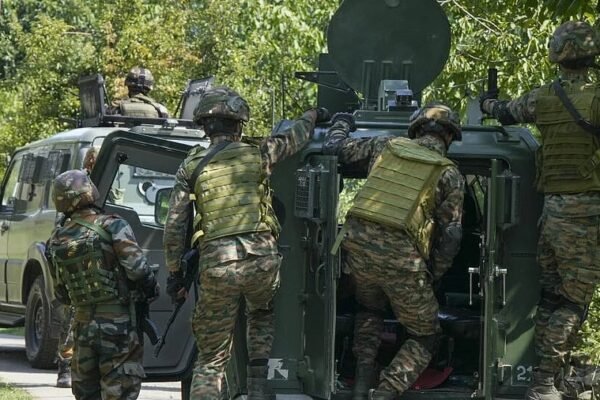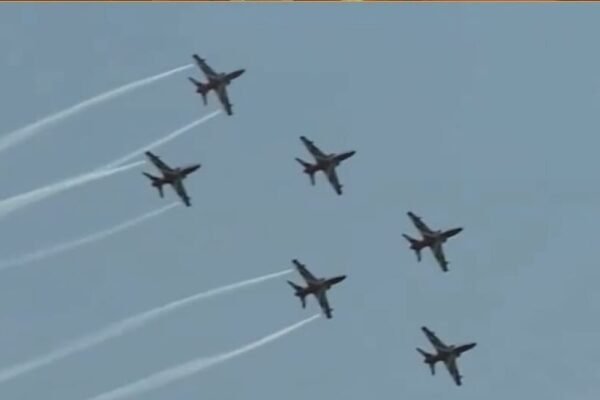
Indian Army killed the terrorist of Pahalgam attack through ‘Operation Mahadev.’ know full details
It has been almost 3 months since the terrorist attack on tourists in Pahalgam, Jammu and Kashmir, in the month of April. Now, 97 days after the attack, the Indian Army has had a big success. In ‘Operation Mahadev,’ the Indian Army eliminated three terrorists, including the mastermind behind the Pahalgam attack. These were the same terrorists who were involved in the Pahalgam terrorist attack in April this year. The meaning behind naming Operation Mahadev is that the Mahadev peak of Srinagar is the main peak of Jabarwan. It is considered very sacred. The campaign was therefore named Operation Mahadev. Let us know how ‘Operation Mahadev’ started and how the army carried out this operation. What is Operation Mahadev? On July 11, 2025, Jammu and Kashmir Police and CRPF (Central Reserve Police Force) received intelligence that terrorists were hiding in the forests of Mahadev Hills in the area of Dachigam connecting Srinagar and Tral. The army started ‘Operation Mahadev’ and conducted a search operation. During the operation, the army tracked the location of the terrorists with drones. After tracking, the army found out that they were present in an inaccessible area of Mahadev Hill. After this, the army surrounded the entire area and started monitoring the activities of the terrorists with the help of drones. After 15 days of surveillance, three terrorists were surrounded near Lidwas peak on Monday morning. Army’s 4 Para, 24 National Rifles, and SOG of Jammu and Kashmir Police killed all three terrorists. These include Suleman Shah, alias Hashim Musa, the mastermind of the Pahalgam attack. Operation Mahadev is considered to be a retaliatory attack after the Pahalgam terrorist attack. Innocents were killed in Pahalgam The Pahalgam attack on 22 April 2025 shook the entire country. On April 22, the terrorists killed 26 people by asking their religion. 26 people died in this terrorist attack, and 16 people were seriously injured. Following the attack, India suspended the Indus Waters Treaty with Pakistan. Also, on May 7, by running ‘Operation Sindoor,’ more than 100 terrorists were killed inside Pakistan, and their hideouts were also destroyed.



